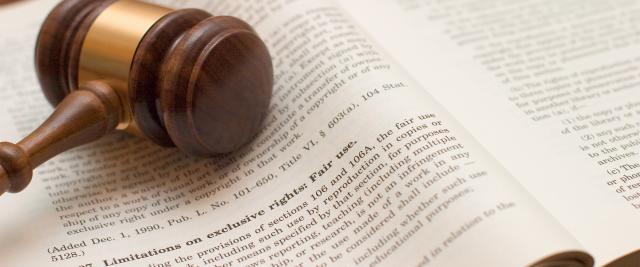Every year, Columbia Law School students and alumni obtain some of the most coveted judicial clerkship positions in the country—ranging from the U.S. Supreme Court and federal circuit and district courts to a broad array of state, specialty and international courts. A clerkship is a challenging yet incredibly rewarding work experience, where you will build skills essential to your legal practice and also forge foundational professional relationships.
Clerkship Placements by Class Year
Made with Visme Presentation Maker
Why Should I Clerk?
Most clerks play a significant role in researching and drafting bench memorandums, orders, and opinions. In this sense, under the apprenticeship of a seasoned jurist, clerks have the opportunity to shape the law very early on in their legal careers.
Private and public sector employers alike value clerkships. Indeed, some may even require it. A clerkship provides you with the additional training, experience, and professional connections that employers seek in their top attorneys.
If you are unsure of your post-graduate plans, a year spent clerking gives you some time to consider where and what you’d like to practice in the short and/or long term.
Clerking also provides unique insight into a legal system, how cases proceed from start to finish, and what a judge believes constitutes strong research, writing and advocacy skills. Whether you pursue a transaction or litigation-based career, understanding how a judge thinks and how a court operates is essential to your legal judgment and increases your value as a lawyer.
Your research, writing, and oral presentation skills will be significantly strengthened in a clerkship where you are required, from day one, to keep pace with the demands of your judge’s docket.
Clerks typically develop strong, long-lasting relationships with their judges and co-clerks. Many judges host annual reunions with their clerks. As new clerks join the "family," the network grows a little larger every year. You may also develop a network of lawyers who clerked for different judges in the same city or courthouse. You will also get to know, and appreciate the role of, key administrators in the Courthouse, who, too, can be lifelong friends and mentors.
In short, it really depends. Timing most often depends on the courts you’re considering and whether there is a clerkship opportunity for the time period in which you’d like to clerk. Some students still follow the traditional path of applying for clerkships during law school and starting work a few months after graduation. Many feel the experience is a bridge between law school and practice and a wonderful jumping-off point for their legal careers.
Increasingly, however, students are opting to apply for clerkships that begin a year or more after graduation, and many judges now require clerks to have post-law school work experience. Moreover, applicants often view a clerkship as a potential pivot opportunity from private to the public sector, or to change his/her/their area of expertise or practice level (appellate vs. trial).
However, clerkships that begin after an applicant has worked are sometimes secured well in advance—during the pre-2L summer, the 2L or 3L years, or sometime after graduation. Ensure you’re speaking with an OJC clerkships advisor to plan the best time for you to apply to a clerkship.
Applicants may apply later for a number of reasons:
- They did not apply previously.
- They applied but did not secure a clerkship in their initial round.
- They seek an additional clerkship.
- They want to transition from private to public practice.
As you move through law school and after you graduate, your clerkship application typically gets stronger:
- You can provide a judge with a more complete academic picture through your second- and third-year grades.
- You further develop your recommender relationships, leading to stronger letters of recommendation.
- More judges are now favoring the substantive and practical knowledge that a practicing attorney can bring to chambers.
If you decide to continue or begin your application process after you graduate, OJC is available to help. Reach out to us and reactivate your Symplicity account.
Office of Judicial Careers
OJC offers advising, placement, and processing services; collaborates with faculty, students, and staff to promote a clerkships-oriented culture; and creates meaningful opportunities for candidates and clerks to network with—and learn from—the judiciary and each other through innovative programming and events.

